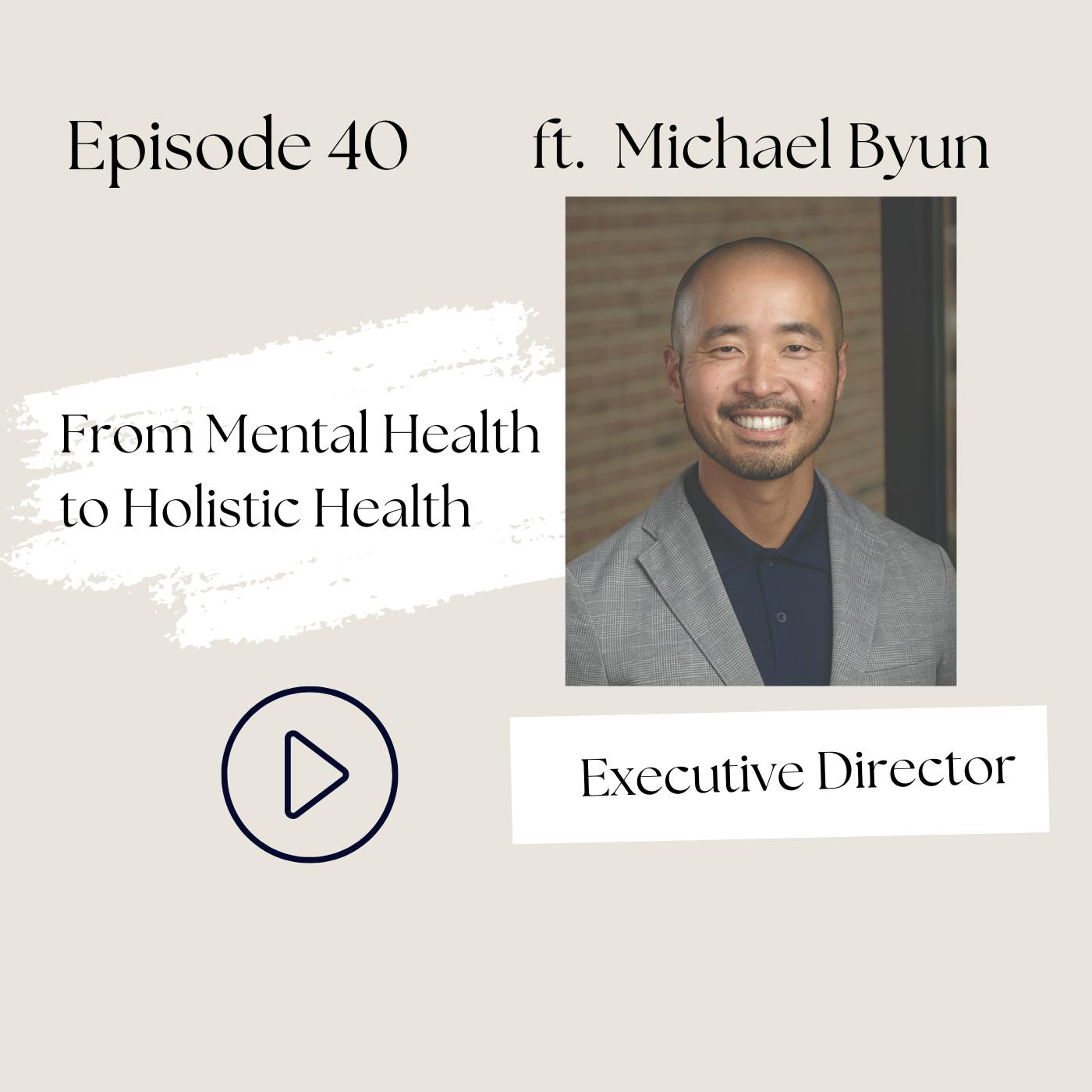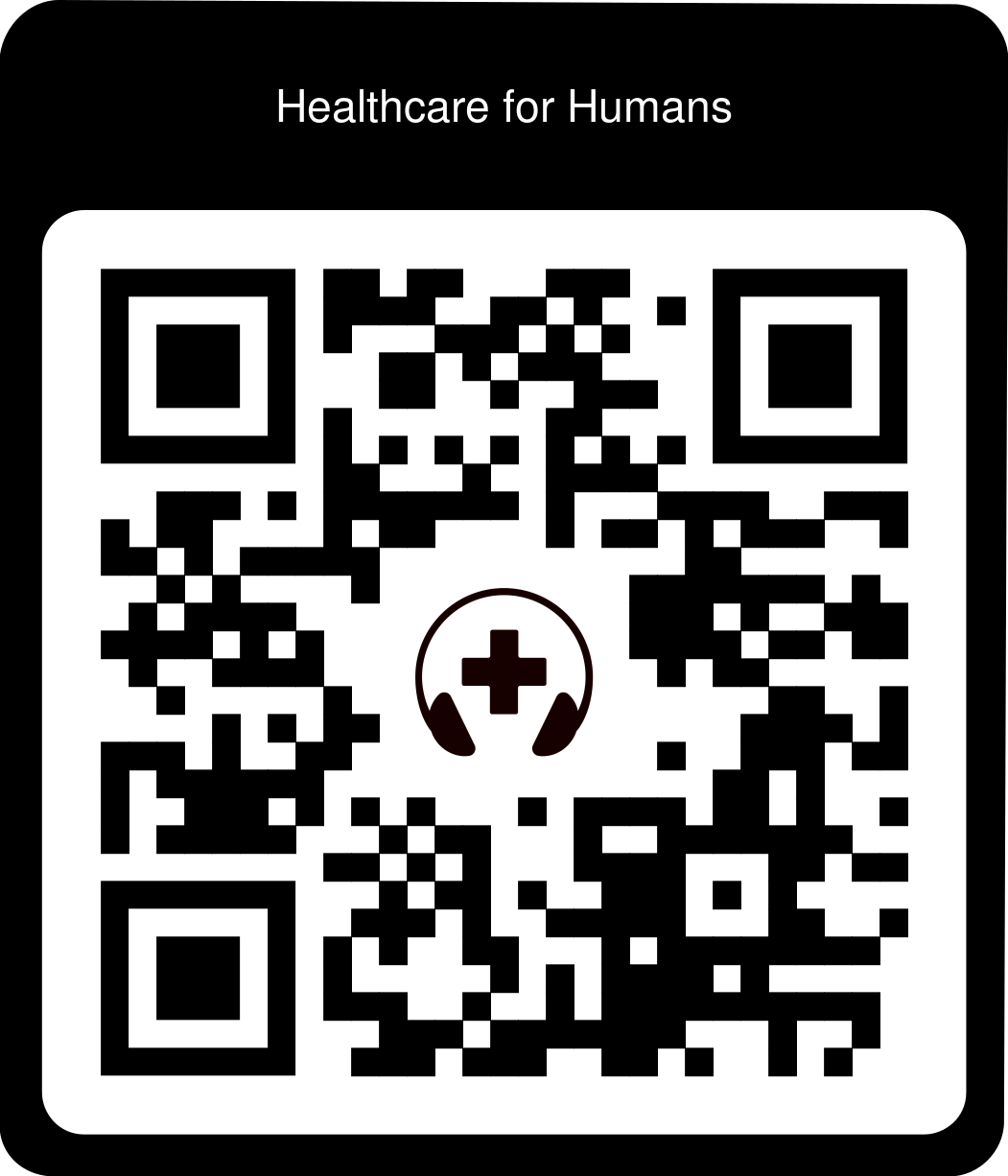50 Years Later—Michael Byun Reflects on ACRS Approach to Addressing Holistic Health of AAPI Communities (Ep. 40)
Next Step:
Visit our website, Healthcare for Humans, and join our community to enjoy exclusive benefits at https://www.healthcareforhumans.org/support/
- Earn CME Credits: Clinicians, enhance your learning by earning valuable continuing education credits while listening. Utilize your CME funds to join our community.
- Support Our Mission: Non-clinicians, explore exclusive content and contribute to our collective journey.
- Be an Active Participant: Go beyond listening. Shape our narrative by co-creating episodes with us.
- Be part of our community by visiting https://www.healthcareforhumans.org/support/. Follow us on Instagram @healthcareforhumanspodcast
Summary:
We dive deep into the nuanced world of healthcare interpretation and cultural competency with Michael Byun, exploring the critical role language and cultural understanding play in delivering care to diverse communities. Michael reflects on his experience at ACRS and their 50 years of service, addressing the challenges faced by Asian American Pacific Islander communities, from misconceptions in traditional healing practices to the stigmatization of mental health. We examine the importance of inclusive services, highlighting programs like Club Bamboo, and share personal stories that underscore the need for empathy, patience, and tailored approaches to healthcare. Our conversation spans the difficulties in mental health care within tight-knit communities, generational differences in treatment acceptance, and the potency of community-based healing strategies, all through the lens of Michael’s rich background as an immigrant from Korea and a leader in community-centric healthcare initiatives.
Timestamped Overview:
- 02:34 Emphasizing the importance of cultural nuances and interpreter proficiency in healthcare.
- 08:15 Discussing interpreter complexities and the mental health needs within the AAPI community.
- 14:50 Celebrating ACRS’s 50th anniversary and its impact on community services for Asian and Pacific Islander communities.
- 22:07 Addressing the stigma around mental health and implementing community-oriented solutions.
- 29:15 Examining the necessity of culturally sensitive practices in mental health care.
- 34:40 Exploring the social aspects of healthcare and combating isolation through Club Bamboo.
- 41:38 Integrating traditional and culturally informed approaches to mental health treatment.
- 47:50 Highlighting the role of community in processing feelings and healing from trauma.
- 53:27 Discussing the importance of community-level strategies for intergenerational support and leadership.


































